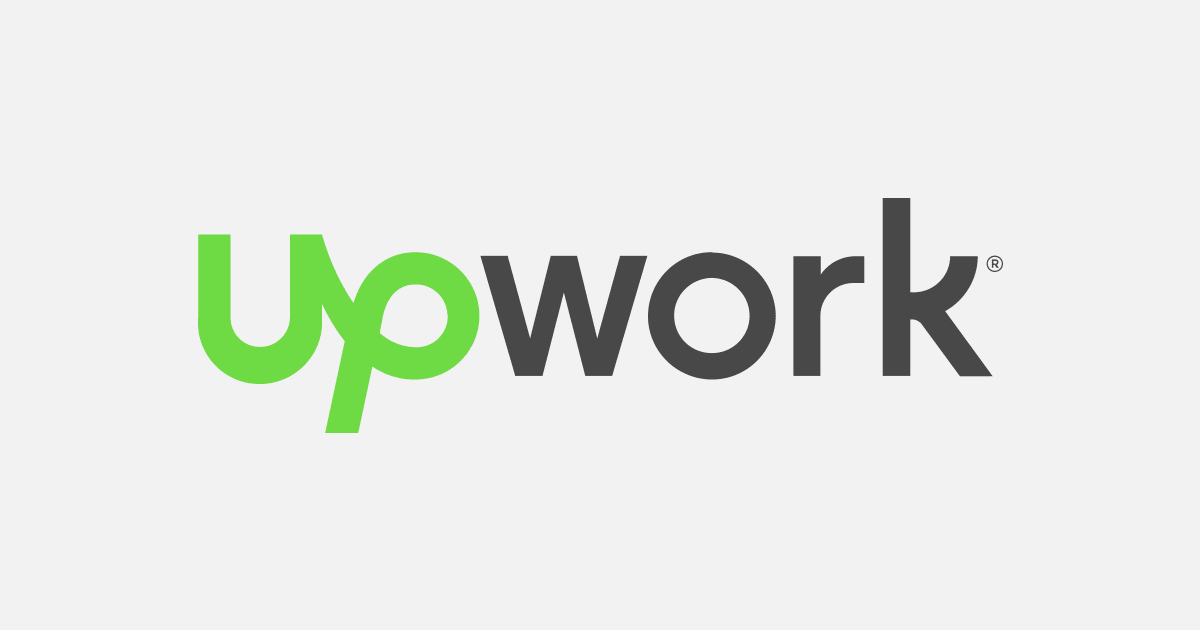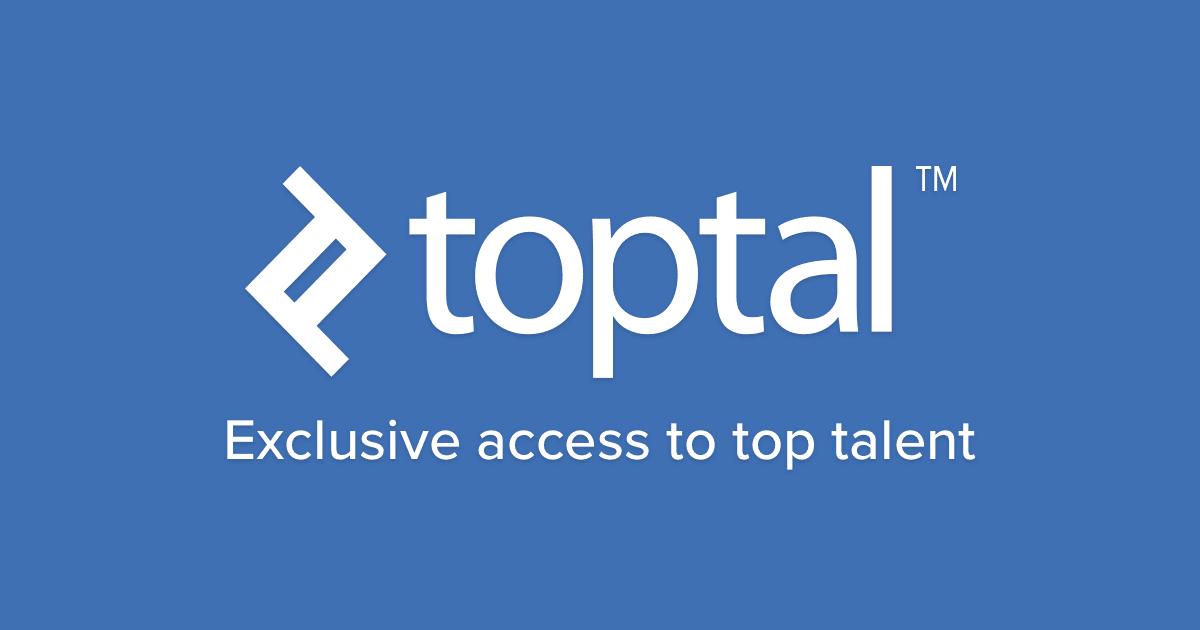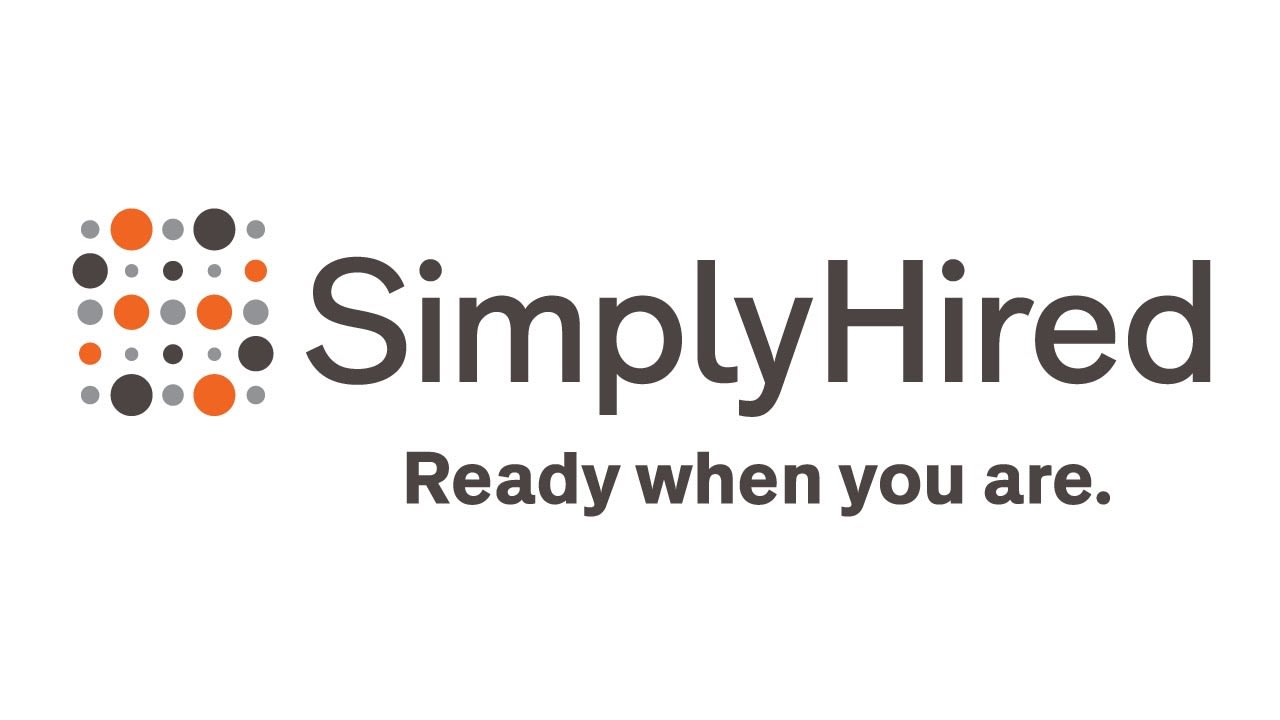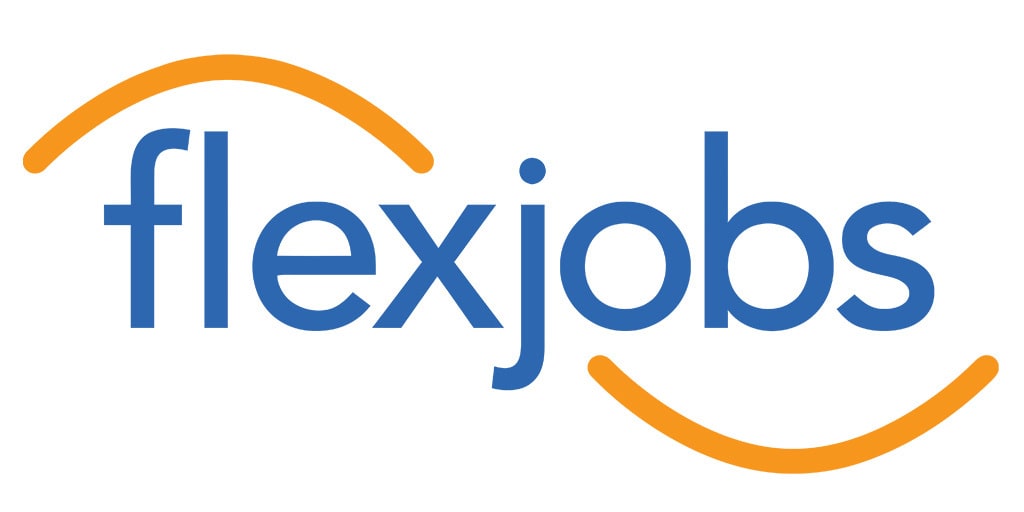But how do you find paid work that’s flexible enough to fit with all your other very real-life demands?
The answer is pretty simple: remote work.
Due to an increasingly digital workplace, the importance of being in the same physical office as your coworkers are becoming less critical by the year.
Things get a bit murkier though when it comes to asking how to find remote jobs online and how to start remote careers. While remote work IS the future, but not all employers are there yet.
According to Forbes, 68% of U.S. workers say that they expect to work remotely in the future. It’s rare to find a company that wouldn’t allow you to work from bed when you come down with the flu, but it can be trickier to find a spot that would want you to work remotely 100% of the time.
Still, even though (for now) it’s easier to get a job sitting behind a desk in someone else’s office, that doesn’t mean getting paid to do work from your own living room is impossible.
Remote job websites are platforms, where both people looking for work and employers post their offers.
Needless to say, using these websites will help you set a solid start for your remote career. They’ll assist you in finding first clients easily and earning employers’ trust along the way.
Also, you constantly sharpen your skills by taking different projects from various employers. In the end, your portfolio shall grow and there will be many more job offers.
We’ve handpicked the best websites available, for you. Bookmark this page and come back as often as you need to while you find your way into the remote workforce.
In this article, we will list the best remote job websites on the internet.

Upwork offers tools to kickstart your remote journey – collaborative space, built-in invoice maker, and transparent recruitment process. You might also be able to work for many famous clients such as Microsoft, Airbnb, Dropbox, etc.

Surely, you can be one of them if you work hard enough in building your skills.
Needless to say, using these websites will help you set a solid start for your remote career. They’ll assist you in finding first clients easily and earning employers’ trust along the way.
Also, you constantly sharpen your skills by taking different projects from various employers. In the end, your portfolio shall grow and there will be many more job offers.
We’ve handpicked the best websites available, for you. Bookmark this page and come back as often as you need to while you find your way into the remote workforce.
In this article, we will list the best remote job websites on the internet.
Upwork

Upwork offers tools to kickstart your remote journey – collaborative space, built-in invoice maker, and transparent recruitment process. You might also be able to work for many famous clients such as Microsoft, Airbnb, Dropbox, etc.
Toptal

Toptal
is a global network of the top talent in business, design, and
technology that enables companies to scale their teams, on-demand. With
$200+ million in annual revenue and over 40% year-over-year growth,
Toptal is the largest fully distributed workforce in the world.
Simply Hired

One of the best things about Simply Hired is that you can browse freelance jobs in your nearby location. Additionally, there is a list of top salaries and a tool to estimate your fee. This is helpful to benchmark for a specific work you want to do.
You’ll also be able to create a resume from the website and learn many things from their blog.
FlexJobs

FlexJobs doesn’t only provide a platform for remote work, but it also encourages everyone to try this career path. Furthermore, the website handpicks jobs from around the world.
At $14.95 a month, you get full access to its wide network of employers, various skill tests, and a detailed description of every company.
See all 20 websites and the complete article.